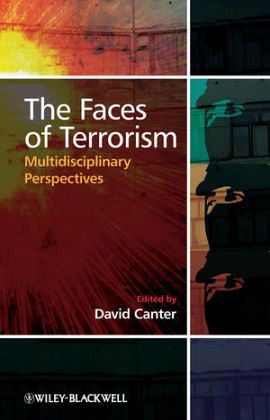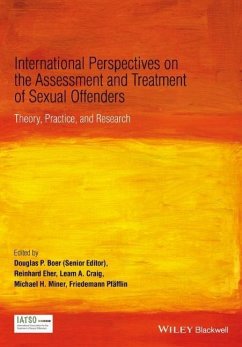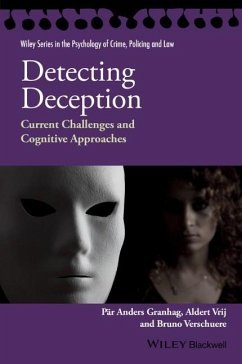
The Faces of Terrorism
Multidisciplinary Perspectives
Herausgegeben von Canter, David
Versandkostenfrei!
Versandfertig in über 4 Wochen
65,99 €
inkl. MwSt.

PAYBACK Punkte
33 °P sammeln!
Edited by one of the world's foremost forensic psychology experts, this book brings together an international, multi-disciplinary team to explore the different facets of terrorism and investigate what it means to be a terrorist and what terrorism means for society. Public interest in terrorism has increased massively in the wake of 9/11, and this volume examines how terrorists view the world, reviews how terrorist acts are conceptualized by the public and by national leaders, and suggests strategies for reducing and preventing terrorism.
An international, multi-disciplinary team explores the many different facets of terrorism, investigating what it means to be a terrorist and what terrorism means for society.
Gets closer to the perspectives of terrorists - their views, how their acts are conceptualized by the public and by national leaders, and how this knowledge can be put to use
Brings together international experts from psychology, psychiatry, law and policing
Edited by one of the world's foremost forensic psychology experts, David Canter
Gets closer to the perspectives of terrorists - their views, how their acts are conceptualized by the public and by national leaders, and how this knowledge can be put to use
Brings together international experts from psychology, psychiatry, law and policing
Edited by one of the world's foremost forensic psychology experts, David Canter












